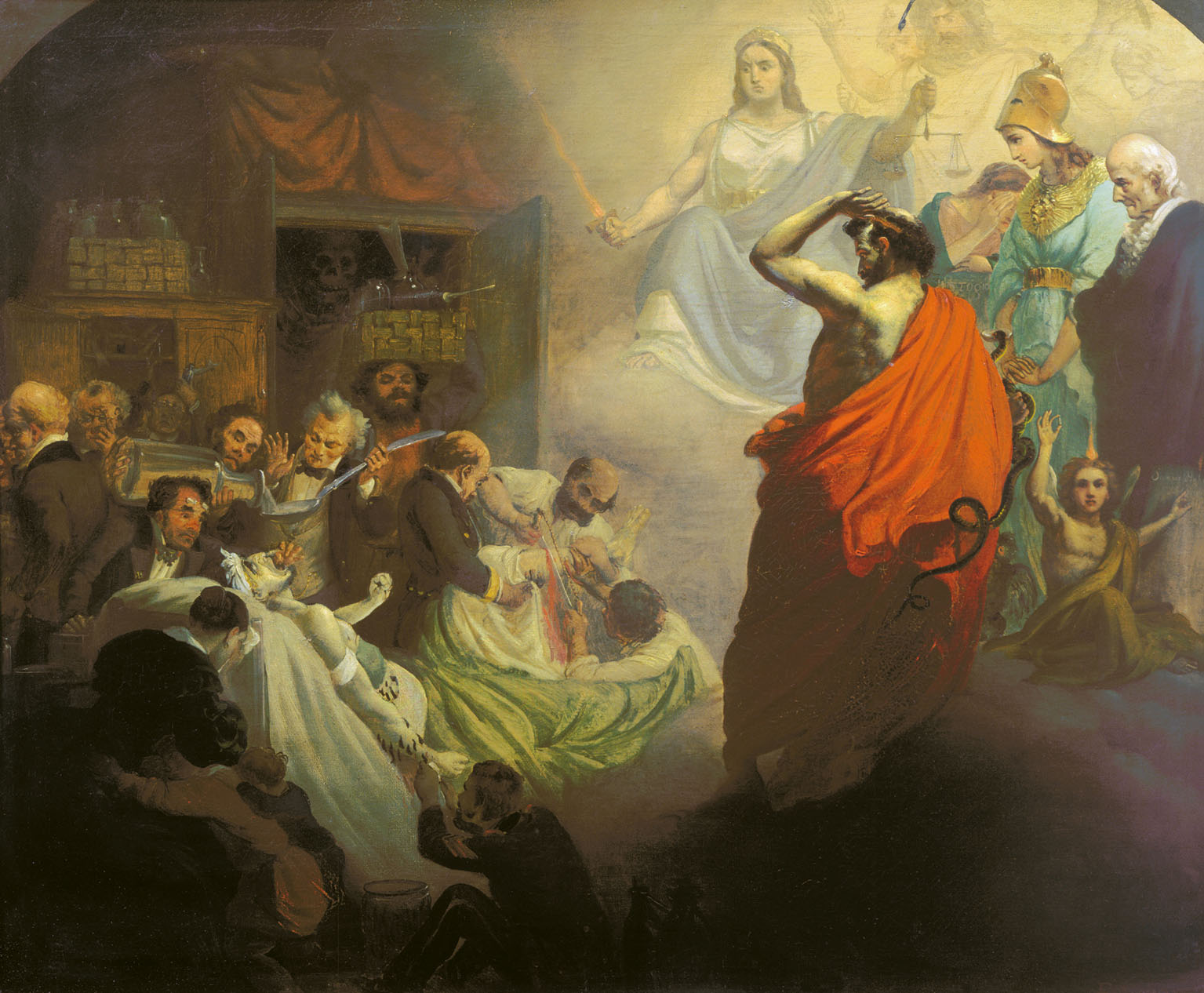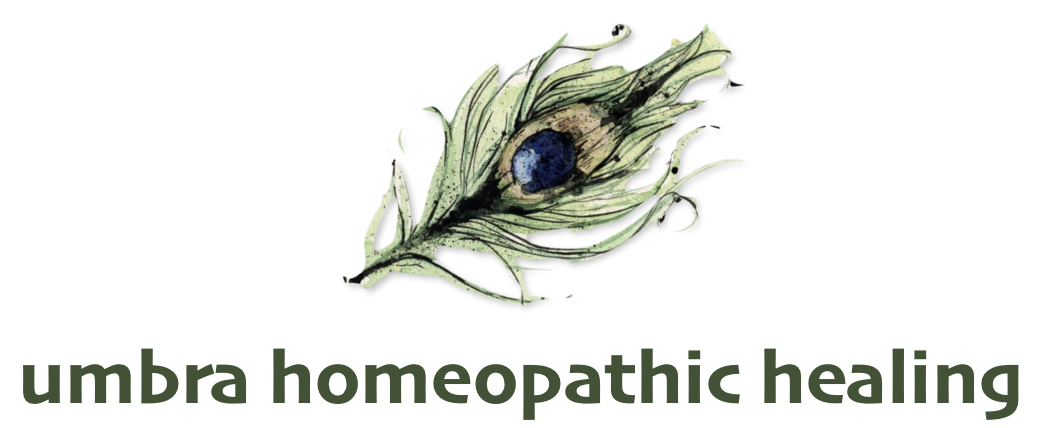what is homeopathy
Homeopathy is an increasingly popular alternative system of healing whose basic philosophy has attracted much skepticism from the conventional medical profession because it has been difficult to prove 'scientifically'. However, its success with patients has meant that it has continued to grow and develop over the past two hundred years and has even enjoyed a resurgence in America in the past twenty years.
The principles of homeopathy were first formulated at the end of the eighteenth century by Samuel Hahnemann, a German physician. Hahnemann had given up the practice of medicine because he found the therapies of his time to be ineffective and extremely harmful, and did not resume practice until he discovered, in homeopathy, a means to help people heal gently, rapidly, reliably - and without side effects. Homeopathy spread quickly throughout Europe and to the United States, where at the beginning of this century 15-20% of all doctors were homeopaths. Despite repeated criticism from orthodox medical circles, the validity of Hahnemann's ideas has been demonstrated for over 200 years.
Homeopathic treatment, like all natural therapies, seeks to stimulate the innate healing power of the individual so that all systems function at their best. As a person moves toward their optimal level of general health, they feel better in themselves. As their symptoms improve their strengthened body defenses become active. The homeopathic remedy does not directly treat a symptom or condition. Instead, it helps to initiate the process by which the person heals him or herself.
The guiding principle of Homeopathy is The Law of Similars. It states that any substance which can cause a set of symptoms in a healthy person can cure those same symptoms in a sick person. The symptoms the sick person experiences are therefore the most important guide to the choice of the correct remedy.
Homeopathy treats the Whole Person. Homeopaths view a person's health as a condition of that entire individual rather than as isolated symptoms. A remedy is selected which best corresponds to that person's total state. Important indicators of general health, like the level of vitality a person experiences, stress factors, and his or her emotional well-being, along with specific physical symptoms, demand close attention.
As little medicine as possible is employed. This is The principle of the Minimum dose. After a dose is given the individual's response is carefully observed, and the remedy is repeated or changed as necessary.
Individualization is one of the founding pillars of homeopathy. Hahnemann said, "No genuine cure of ... any disease can take place without the strict individualized treatment of each case of disease. This implies that each patient, regardless of the primary complaint they come for, needs to be examined individually. Their entire complex of symptoms (mental, emotional and physical) is assumed to be unique and distinctive to them alone. Simply put, four different cases of asthma will present differently - with differing respiratory symptoms, different reaction to weather changes, different sleep states, and different emotional states before, during and after an asthma attack. The homeopath needs to understand the individuality of each asthma case before prescribing a unique remedy to each.
Homeopathy - What it is
Homeopathy is the fastest growing form of health care in the world! It is now used by hundreds of millions, and growing by 25 percent annually.
It is part of the public health care systems of nations in Europe, South America, Central America and Asia, and is regulated in many other nations.
It is effective according to hundreds of high-quality basic science, pre-clinical and clinical studies, including randomized controlled trials.
Homeopathy is one of the safest forms of medicine
It is a holistic practice, taking into account all levels of a person: physical, emotional, mental.
It is practiced according to consistent and rational principles which are the core of practitioner training
It is more cost-effective than any other form of medicine, conventional or alternative (according to a study commissioned by the government of Switzerland)
Homeopathy is a system of medicine with a long history of preventing and curing acute, chronic and epidemic diseases, continuing today.
Homeopathy - What It Is Not
"Homeopathy" is not a generic term for all forms of alternative, natural or holistic medicine.
It is not un-scientific: it uses straightforward logical techniques that anyone can learn
It is not dangerous - it has been practiced in homes and hospitals for 200 years
It does not interfere with conventional medicines.
It is not a "placebo", or sham treatment that requires belief in order to work!


1857 painting by Alexander Beydeman showing several historical figures, the personification of homeopathy (in red) and Samuel Hahnemann (the founder of Homeopathy, on the far right) observing the brutality of medicine of the 19th century.

